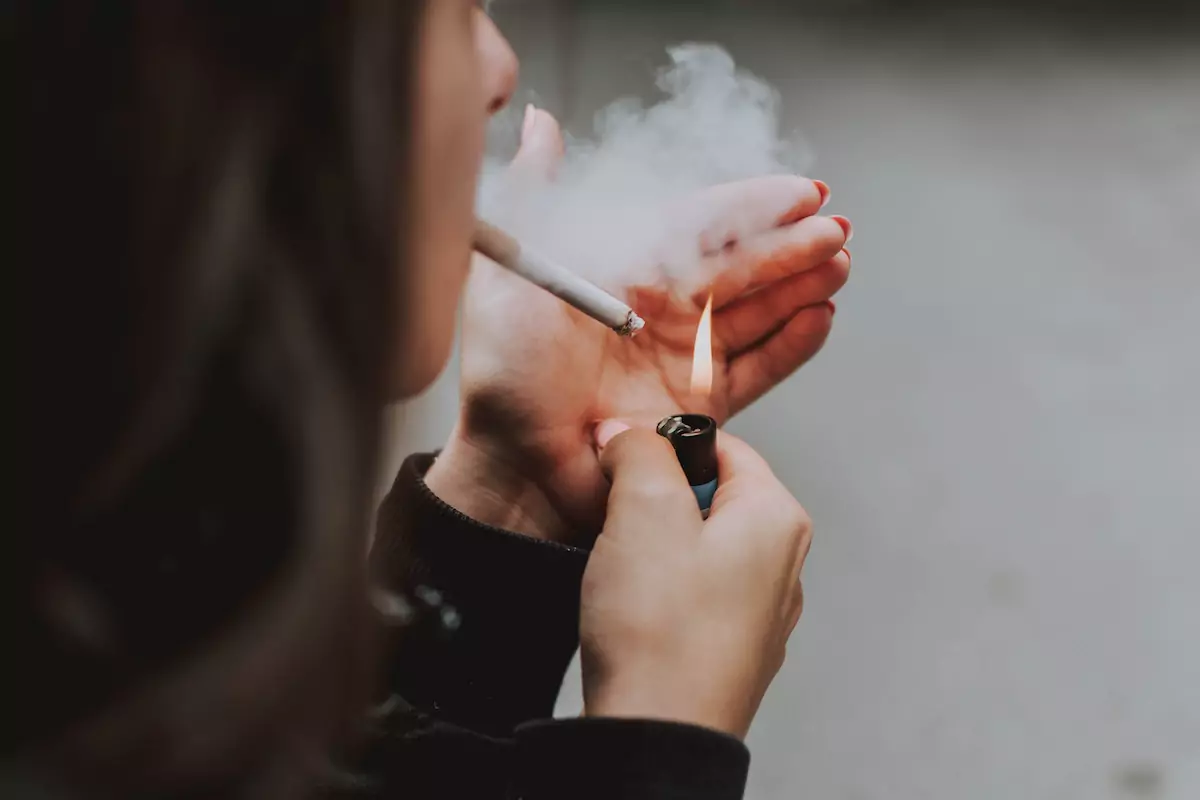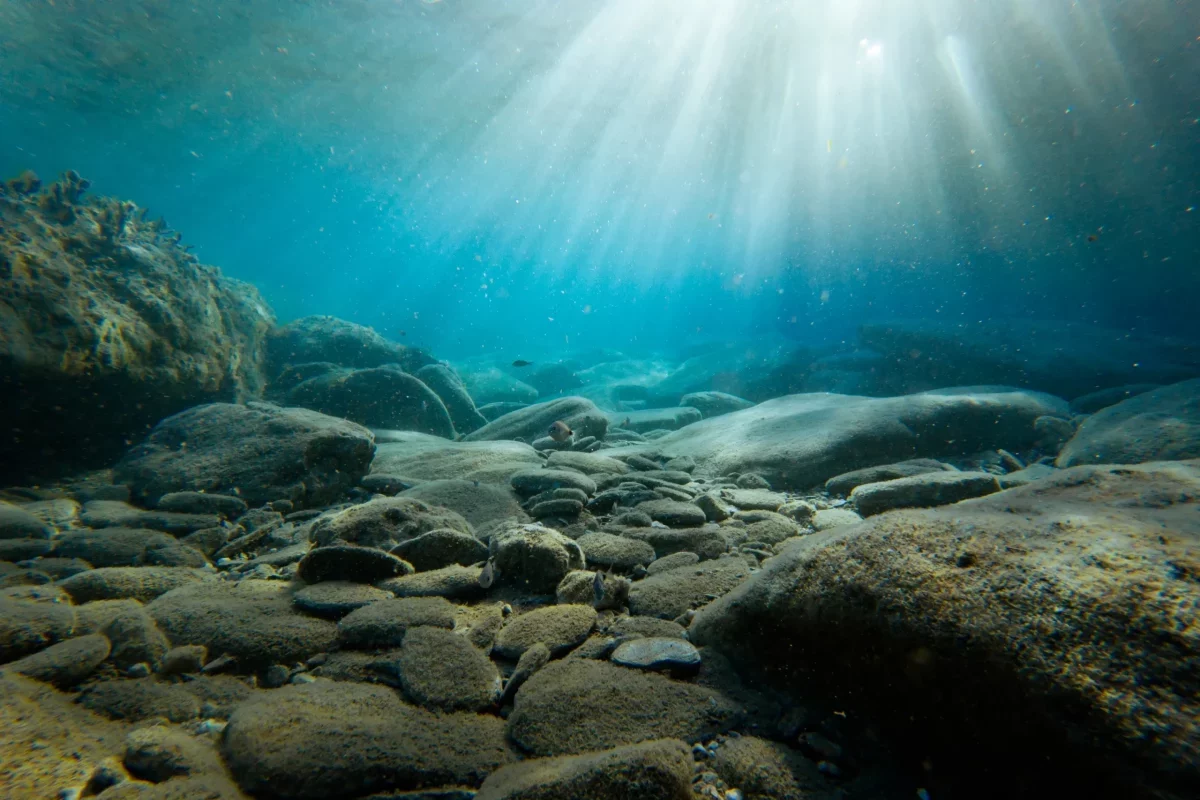With only a quarter of the seafloor mapped, the ‘Map the Gaps’ event at Monaco’s Musée Océanographique later this month will be considering the role of ‘citizen scientists’ and the next generation of mapping technologies in exploring and documenting the full depths of our oceans.
Ocean mapping experts from the General Bathymetric Chart of the Oceans (GEBCO), a 120-year-old international association of geoscientists and hydrographers founded by Prince Albert I, will be meeting at the Musée Océanographique from 7th to 8th November for a series of conferences, lectures and events related to mapping and ocean exploration.
“Our oceans remain largely unexplored: to date we only know a quarter of the seabed,” say the organisers. “In order to support ocean-centric activities, monitor change in the marine environment and implement effective initiatives for its sustainable use, it is essential to fully map the oceans to gain the necessary knowledge.”
Alongside the nuts and bolts of GEBCO annual meeting will be a special ‘Map the Gaps’ conference that is set to be broadcast live on YouTube, allowing the public to tune in and learn more about this fascinating science.
The session, which will take place over both days, will draw “global experts in ocean technology, science and policy to discuss deep and coastal ocean exploration, offshore surveying technology, policy, diversity, equity and inclusion, the Nippon Foundation-GEBCO Seabed 2030 project and GEBCO alumni activities”.
MAP THE GAPS: DAY ONE
On the roster for Day 1 is a talk by Victor Vescovo, who will recount his experiences diving to the deepest spot in the Mediterranean with Prince Albert II and his journey down to the depths of the Atlantic to visit the Titanic.
Fabien Cousteau, the grandson of the legendary oceanographer Jacques Cousteau, will also be speaking about his Proteus project, an international underwater research station.
Finally, Dr. Dawn Wright, a Chief Scientist of the Environmental Systems Research Institute (ESRI), will offer her thoughts on empowering explorers in the age of technology.
MAP THE GAPS: DAY TWO
Day 2 will be dedicated to the ‘citizen science’ that is supporting the International Hydrography Ogranisation (IHO) in its participatory bathymetry initiatives.
“This day will showcase new technologies to improve our knowledge of the ocean. such as autonomous vehicles and cutting-edge data collection instruments, and will also shed light on new explorers,” say organisers.
The onus of this kind of data gathering is being handed to people in the yachting sector and other maritime industries who are willing to collect and disseminate data as part of their usual daily operations.
HOW TO TAKE PART
Map the Gaps is entirely free to join and open to the public. For the complete programme, as well as to register to attend the event in person, click here.
It will also be live-streamed on YouTube here for those unable to be there in person.
Make sure you’re never left out of the conversation.
Sign up for the Monaco Life newsletter, and follow us on Facebook, Twitter, Instagram and LinkedIn.
Photo source: Yannis Papanastasopoulos, Unsplash

